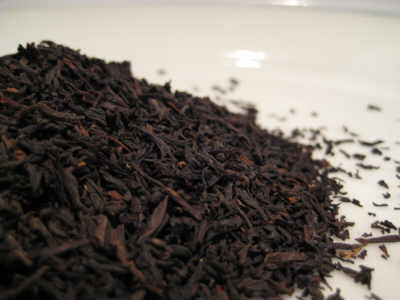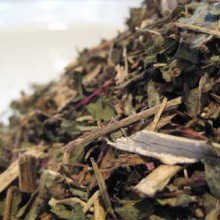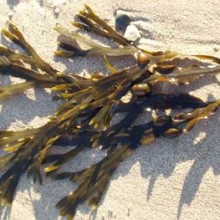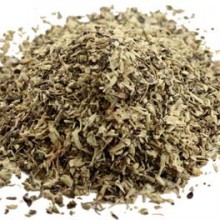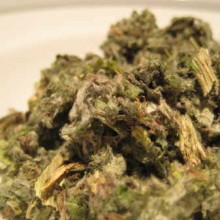China Black Keemun is a tightly rolled leaf tea which produce a unique aroma and a fresh, smooth flavour.
Keemun is produced exclusively in the Qimen County of Huangshan City in the Anhui province. The name of the tea is an older Western spelling of the name of the nearby town, Qimen (pronounced “Chee-men”). The tea-growing region lies between the Yellow Mountains and the Yangtze River.
The cultivar used for Keemun is the same as that used in production of Huangshan Mao Feng. While the latter is an old, well-known variety of green tea, Keemun was first produced in 1875 using techniques adapted from Fujian province farmers and is a black tea.
Many varieties of Keemun exist, with different production techniques used for each. Nevertheless, any Keemun undergoes particularly slow withering and oxidation processes, yielding more nuanced aroma and flavor. Some of Keemun’s characteristic floral notes can be attributed to a higher proportion of geraniol compared to other black teas.
With a history of tea cultivation that dates back more than 2000 years, China still produces the widest range of teas in the world. The tea plant, Camellia sinensis, evolved in China, and from there was exported to Japan and later throughout Asia. We stock a range of fine China teas includes both green and black teas, some of which are delicately flavoured with flower petals, and of course several varieties of that famous scented tea, Earl Grey.
The history of tea in China is a long and convoluted story going back at least 2000 years if not longer.
It was considered a medicinal aid at first and the nobility drank it to show off status whilst the general population merely liked its refreshing flavour.
In 2016, the discovery of the earliest known physical evidence of tea in China came from the mausoleum of Emperor Jing of Han in Xi’an which gave a clue that tea made from the Camellia sinensis (the tea bush) was consumed by Han dynasty Emperors as early as the second century BC. Of course there are many scholarly works that describe some kind of infusion that might have been a tea made from Camellia sinensis going back at least a thousand years before the Han dynasty but will we ever know exactly how the practice of tea drinking originated?
Certainly we know that the practice of fermentation and preparation has changed over the centuries. Originally the leaves were steamed and around the 13th Century the process changed and now they have been generally roasted ever since.

